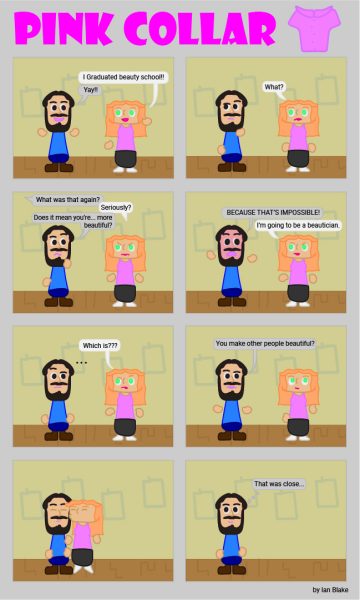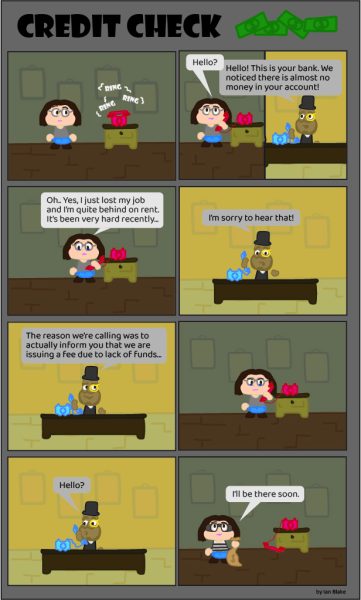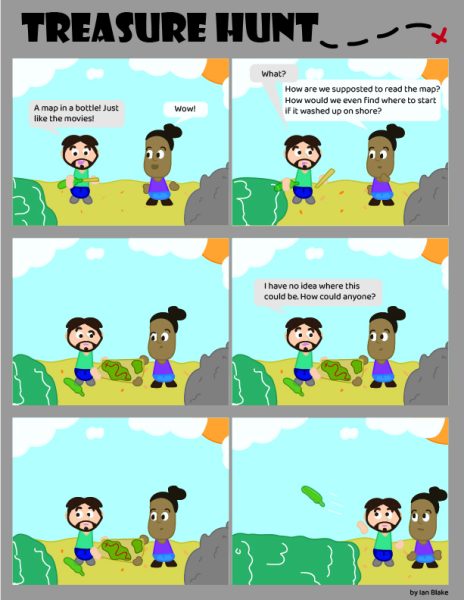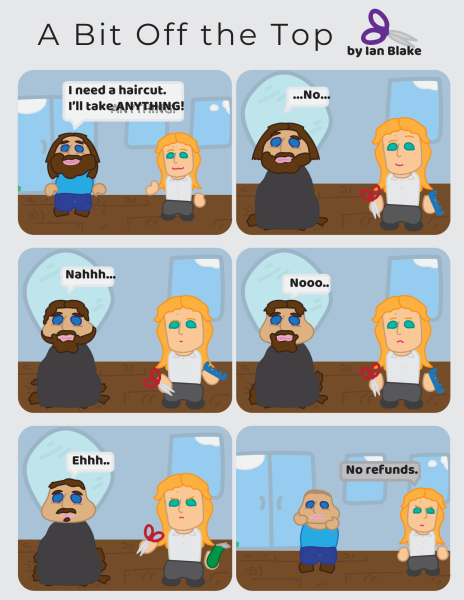Why Popularize An Author Who Glamorizes Abuse?
Trigger Warnings – mentions of abuse, (attempts of) rape, and sexual assault.
Colleen Hoover has made quite an impact with her young adult novels, particularly in the Romance genre. You may have seen a book, or multiple, of hers sitting on display shelves within the last couple of years. During quarantine, her popularity skyrocketed because of TikTok and the self-proclaimed “Book-Tokers” that flooded the algorithm with her novels. At first glance, her book covers are colorful, yet all seem to be copies of one another. It is one instance to have a niche that works best for marketing, but the majority of her books all replicate a majority of works that can be read on Wattpad, an online haven for e-book readers. Despite the vibrant and inviting covers, Hoover’s work contains graphic, descriptive, and controversial content that is all, somehow, connected to “romance”.
Hoover self-published her first work, Slammed, in 2012 on Amazon and the eBook was met with fanatic praise. A few online bloggers and fans quickly spread Slammed across social media, thus securing her a spot on the New York Times eBook Fiction List.
Years later in 2016, Hoover released It Ends With Us, and it is credited as the work that gained her mainstream popularity. With the help of social media once more, Hoover’s novels exploded and a number of people were recommending her work on varying social media sites. Many popular online book bloggers were praising her novels, recommending them to their teenage audiences.
The issue is that these novels are not meant for eyes under the age of eighteen. Most Colleen Hoover novels contain sexual encounters that are not always consensual. In her most popular novel, It Ends With Us, there is an obvious step backward in the fight against toxic masculinity. The main character in the novel consistently chalks up her partner’s behavior as simply, “he’s just troubled, but he loves me”. There is seemingly no accountability or the need for it. The protagonist in the story has a moment where she takes her power back after being beaten and assaulted and finally leaves him, which is no easy feat when in an abusive situation. This could have been the positive “role model” ending that Hoover was attempting to go for, an ending that would shed light on a very terrifying and real situation. However, the novel ends with the wholly unearned “redemption” of her abuser and a complete lack of punishment for his crimes.
A variety of these “romantic” novels by Hoover include instances of abuse and perpetuate the idea that an aggressive and controlling partner is what women need to feel wanted and adored. In another popular novel written by Hoover, November 9, there are various scenes where the male narrator talks about how he has wanted to “beat down” a woman in the past, but nothing like what he wants to do to one particular woman because she’s on a date with another guy. Worse, this man is portrayed as the “hero” of the story. It’s sickening to see that Hoover’s ideal “romance” is a man chasing down a woman that he’s not “done with”, cornering her, forcing his hands up her skirt, and forcibly grabbing onto her to hold her in place by her neck. Young and naive readers read this, romanticize the relationship, and wish to have someone pursue them in this way. Popular novels like this that flood the feeds of many young readers are harmful and can easily be misconstrued as idealistic romantic occurrences without realizing the harmful implications and painful reality of being trapped in a relationship that has become toxic.
Aside from her problematic stories, Colleen Hoover was recently called out on social media for blocking a minor after they reached out to Hoover via Instagram DMs with information regarding her adult son sexually harassing them on Snapchat. In a Twitter thread that can be found here, you can read their experience and more about why Colleen Hoover is not deserving of the hype and praise for her writing, but rather notorious for romanticizing and sexualizing abusive behaviors. There are a variety of romance authors who do not rely on placing male love interests on a higher pedestal than a woman who will always deserve better than what they are given by Hoover in her novels.













